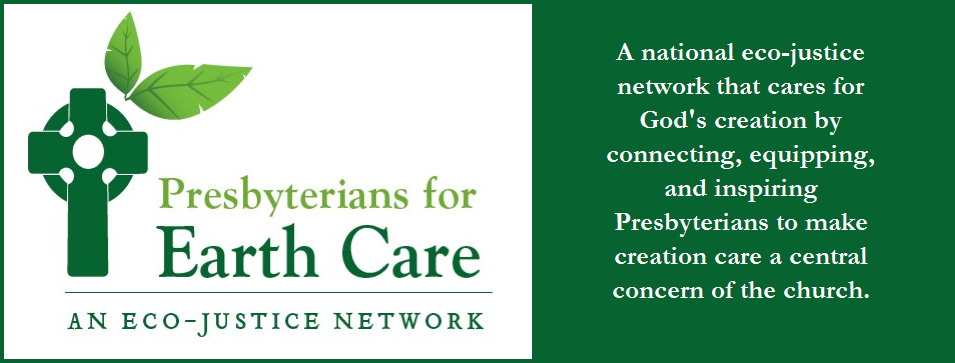There was no room for Him among people, in the inn. And so He was born among the animals. The most humble yet warm and inviting place, a manger, a feeding trough, we imagine stuffed with hay, a soft and inviting place for a newborn. No newborn nursery for Him. Nothing fancy. Nothing even ―human. He was born among the animals.
On this Lord’s Day, we confront an earthy reality: the Lord of all dwelling among the beasts. He was to meet beasts again, in the wilderness of Judaea, where wild beasts dwelt (Mark 1:13). And he had a love for the creatures with whom we share creation: birds (Matthew 6:26; Luke 3:22; John 2:14), sheep (Luke 15:4ff.), foxes (Matthew 8:20), cattle, oxen and donkeys (Luke 13:15), just to name the ones in Scripture. By inference, if on the day of his birth He lay in a manger, we may assume there were sheep, and perhaps goats and donkeys as well, and maybe even horses and camels, since this was an inn.
How beautiful and mysterious that the incarnation took place among animals. They welcomed Him, we may presume. I find that my friends who are dogs, cats and horses generally welcome me without judgment and accept me with eager anticipation. A new-born baby must have been a cause for great curiosity among them!
There is a legend that the animals can speak on Christmas Eve and Christmas Day. I wonder what they would say to us. Would they thank God for the gift of Christ, as we do? They will if we show the same love and respect and trust for them as Jesus did, daring to be born among them. When God came to walk with us in the per-son of Jesus, God started among animals, sharing space with them. I wonder if we can learn to share our space with them lovingly, respectfully, gratefully, kindly, responsibly.
We are called as followers of the Lord Who came on Christmas Day to live lives of gratitude,
and to love our neighbors. And our neighbors are not just our human neighbors, though they are our nearest kin. We share the earth in a delicate balance with neighbors non-human, who outnumber and pre-date us by a great order of magnitude. Our particular gifts, skills and adaptations do not make us better than our animal neighbors: they give us a greater responsibility to enjoy, defend and live in dynamic harmony with the biosphere. Seven billion humans have placed a great load on this planet; can we so live as to love all our neighbors, sharing resources, habitat and lifestyles mutually energetic and life-giving?
Instead of piling up stuff on Christmas day, give the gift of love, respect, fun and generosity by including animals as God did on the very first Christmas. Be merry!
What can we do?
- Consider blessing animals on Christmas Day. This is easily as good a day as St. Francis Day, or the Environmental Sabbath in June. Say “thank you” to the animals for welcoming Jesus.
- Give a gift to your local Humane Society or Animal Shelter.
- Consider volunteering time with an organization working with animals: a therapeutic riding center, a raptor rehabilitation pro-gram, or a dog rescue group. Support and volunteer with an animal rights organization such as the World Wildlife Fund, the Audubon Society, or the National Humane Society.
More Information:
- Readings from a Christian perspective include Christianity and the Rights of Animals (New York: Crossroads, 1987) and Animal Theology (Chicago: University of Illinois Press, 1994) by Andrew Linzey; and Ask the Animals (Harrisburg: Morehouse, 2006) by Elizabeth Canham.
- From an interfaith perspective: Blessing the Animals (Woodstock, Vermont: Skylight Paths, 2006) by Lynn L. Caruso.
- From scientists, three wonderful and thought-provoking books: Reason for Hope (New York: Warner, 1999) by Jane Goodall; The Ten Trusts (New York: Harper One, 2003) by Jane Goodall and Marc Bekoff; and The Animal Manifesto
Prayer:
O God, in Whose love we celebrate today, thank You for Your great-est gift, the gift of Yourself in Jesus Christ. We are grateful that You came to walk among us, embracing the whole of creation by being born among the animals. Give us a childlike delight and joy in our animal neighbors. Watch over and protect them. Help us to always live kindly and respectfully with them, taking delight in their amazing abilities, their beauty, their play, and their right to share the earth with us unmolested. On this most holy day, we thank You for all our neighbors, and ask that the generosity You have shown to us may be the mark of our lives as we live on this earth; through Christ our Lord, Amen.
Stan Adamson is Pastor of St. Andrew Presbyterian Church, Boulder, Colorado, the first PC(USA) Earth Care Congregation in Colorado. He has been blessing and welcoming animals in the worship life of St. Andrew for two decades. He shares his life with his wife Clare, his Cairn Terrier friend Maggie, and three Arabian horses, Kally, New Moon and Kara.
***
Find us on Facebook.
 The angel went to her and said, “Greetings, you who are highly favored! The Lord is with you.”
The angel went to her and said, “Greetings, you who are highly favored! The Lord is with you.” I am the angel of sustainability…
I am the angel of sustainability…
